Help for the little ones
Ways out of malnutrition
"The number of malnourished children could rise sharply due to COVID-19 if action is not taken quickly," Unicef Indonesia wrote in a 30 June 2020 consultation. "Even before COVID-19, there were high levels of malnutrition in Indonesia. Currently (2020), more than two million children suffer from severe emaciation and more than seven million children under five are underdeveloped."
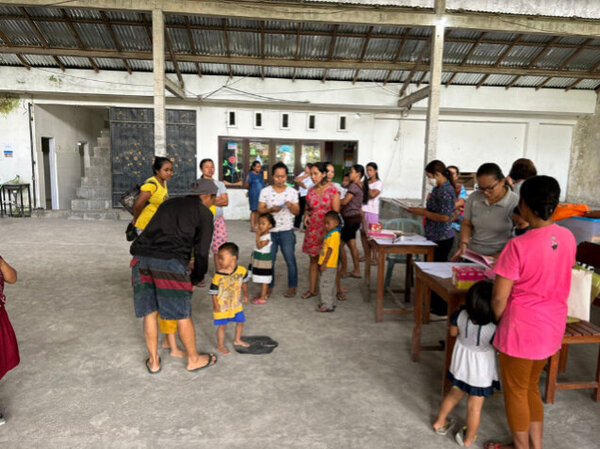
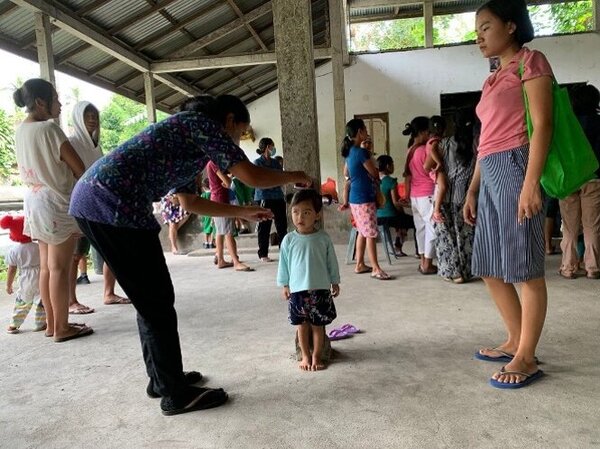
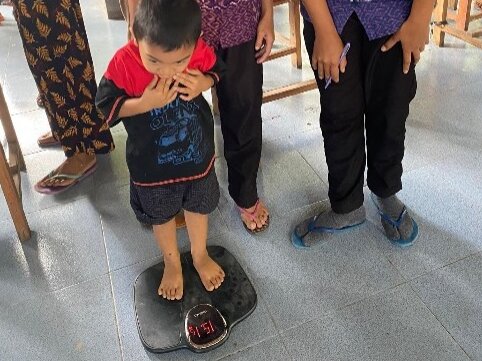
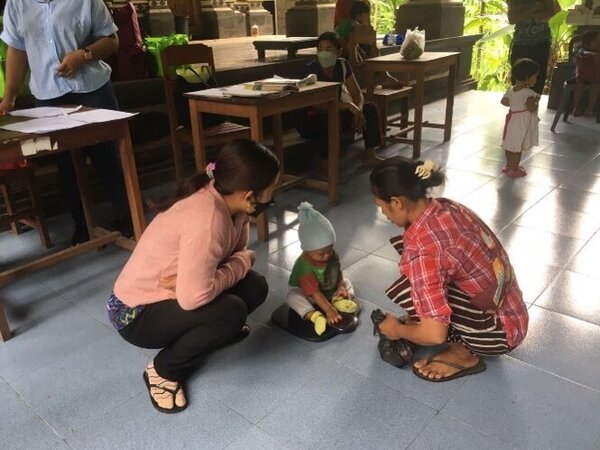
In studies conducted just before Corona, it was found that in Bali's rural areas around 30% of children are stunted (malnourished), in urban areas around 19%. Although the national government has a target to reduce malnutrition in Indonesia to 14% by 2024, Bali wants to eliminate malnutrition altogether. The National Population and Family Planning Agency (BKKBN) therefore provides a lot of information material and everywhere attempts are made to collect the development data of 0.5-5 year old children (often malnutrition only starts when the children receive solid food that is too one-sided or too little); the data collection is done by the specially created governmental "Integrated Service Care" (POSYANDU). Depending on the sense of responsibility of the local authorities, this succeeds well to quite badly.
In the hillside villages in eastern Bali, where NEXUBA has already gained a foothold with mobile medical care, it is now apparent that, depending on the village, 15-30% of the children are still malnourished. Although the local medical facilities try to educate and record the development of the small children, there is a lack of funds, especially in the rural areas, to provide nutritional supplements or to support very poor families with food rations. The problem of this insufficient aid is also repeatedly criticised in the press. Unfortunately, this remains the case.
This is where NEXUBA comes in. In the middle of 2022, NEXUBA - in cooperation with the local cadres of POSYANDU - has started to provide the malnourished children with needed supplementary food and vitamins on a monthly basis (first in one, now in two villages with a total of 15 banjars*). The NEXUBA doctor periodically checks the health of the children and at the same time that of the parents, and two NEXUBA nurses check the data collected by the local cadres, advise the parents and give supplements or food where needed.
* Banjar: the villages are very large and are divided into banjars, a kind of "sub-village" with its own social structures and rules (adat). The banjars can be kilometres apart and the village centre is then difficult to reach.
National surveys have also shown that mothers of children who later become malnourished often suffer from deficiencies during pregnancy (often anaemia). Although iron tablets are given from time to time, systematic care for pregnant women is largely lacking.
NEXUBA was able to achieve that in the two areas where the children are already cared for by NEXUBA, all pregnant women with tendencies to deficiency symptoms are registered. They receive medical advice and, if necessary, vitamins and food. In one village, "pregnant women's yoga", a form of birth preparation, is also being conducted for the first time.
The programme has now been running for more than half a year and the first successes are becoming apparent. Generally speaking, almost all children are making progress, some have been discharged from the programme; others could be discharged but are still being cared for in order to avoid relapses (depending on the family situation). NEXUBA has used questionnaires to elicit the entire family/life situation of each child and can thus, if necessary, respond to the symptom "stunted" in more depth. There are few children who make only little progress or fall behind again, which is often connected with illnesses or e.g. a mild Down syndrome, etc. There is a lot of trust in the programme, really all the registered parents come to the examination with their children. This is not a matter of course, because poor families in particular are often ashamed and refuse to cooperate.
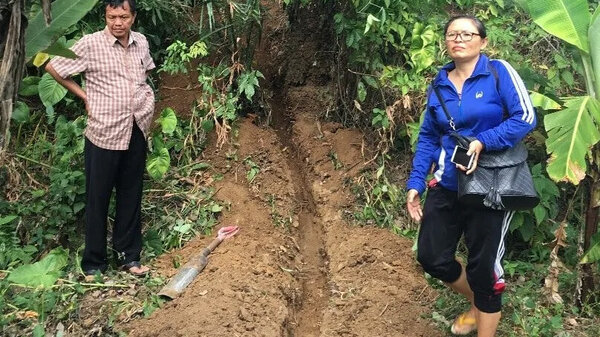
Water supply in Mumbul
The population of Mumbul (Bali) and the 12 surrounding villages suffered from an acute water shortage. For a long time, the authorities had been looking for solutions for a better water supply.
Care Givers
The experiences with severely disabled people who need intensive care were decisive for the creation of the "Care-Givers"
Your donations are the spark that makes our projects shine. Join us to support NEXUBA.
Thanks to your donation, good things become possible! Thank you very much!
Bank: Credit Suisse AG
IBAN: CH36 0483 5177 3371 7100 0
Gönnerverein NEXUBA, 4000 Basel
